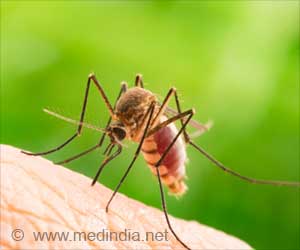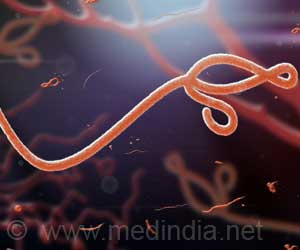A 'dodgy' intelligence dossier is being blamed for failure of war against malaria, because it had argued that methods to tackle the disease in temperate countries would also work in the tropics.
The failure of war against malaria in the tropics can be blamed on the lack of an intelligence dossier against the disease, because it had been argued that methods to tackle the disease in temperate countries would also work in the tropics.
The efforts to eradicate the disease failed in almost every tropical and sub-tropical country, because tactics that had been proven to work in countries such as the USA, Greece and Italy were also deployed in tropical countries, despite the existence of evidence that they would not work, particularly in sub-Saharan Africa."Previous efforts to eradicate malaria, if considered, only succeeded in countries where the plasmodium parasite was weak and its mosquito vector was vulnerable, particularly where populations were wealthy enough to afford the best tools available," said Colin Sutherland, a senior lecturer at the London School of Hygiene and Tropical Medicine.
"The failure to eradicate malaria in tropical countries, where the parasite is now at its strongest, and the mosquitoes are doing very well, thank you very much is, in part, due to the miscalculation that a one-size-fits-all approach would be effective in every setting - a miscalculation that could have been avoided if we had heeded the evidence from Africa over half a century ago," he added.
Sutherland has warned against the obsession among the western media with the 'scientific breakthrough', a concept that consequently dominates popular notions of science.
It is the careful synthesis of incremental advances in knowledge, and the dissemination of that knowledge to key decision-makers, health ministries and governments that will help us win the war against malaria, he said.
"In the war against malaria, knowledge is the most powerful weapon we have," said Dr Sutherland.
RAS/L
 MEDINDIA
MEDINDIA




 Email
Email







